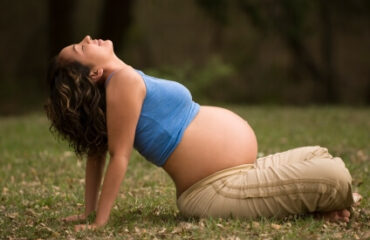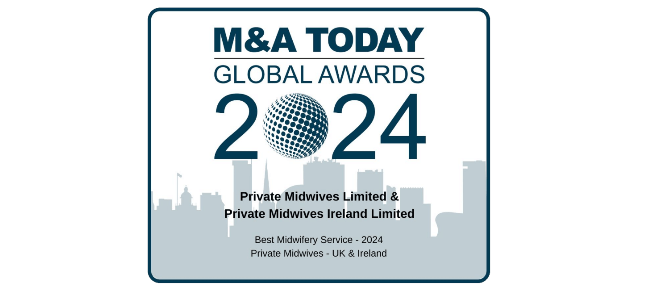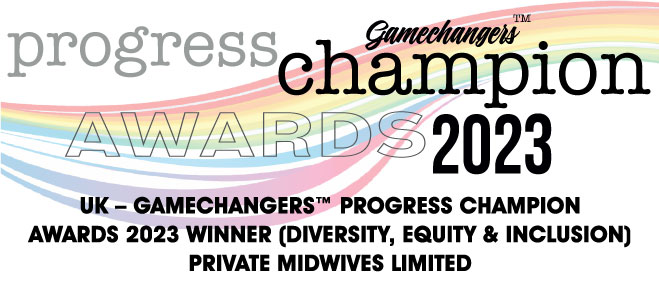Did you know that you are sharing your body with a huge community of microorganisms in fact there are 10 times more microbial cells than human cells, although the combined weight of these cells is only 200 grams! The term used to describe this ecological community of symbiotic, and pathogenic microorganisms is your microbiome!
What’s this got to do with birth you may say? Scientists have found that the microbiome of a baby born by caesarean is different to that of a baby born vaginally. This is because, when a baby is born vaginally, they begin to be ‘colonised’ by friendly bacteria from their Mothers birth canal. It is these microbes that are an essential part of what makes us human and as such are there going to be consequences to by-passing this process?
Some consider the human microbiome to be a “newly discovered organ” since its existence was not generally recognized until the late 1990s and it is understood to potentially have overwhelming impact on human health.
In their film “Microbirth” Toni Harman, whose company Alto Films produced the human rights documentary “Freedom for Birth” in 2012, is planning a feature-length documentary in which leading experts from around the world will give their views on the question
“Is changing the way we give birth changing our species?”
The human microbiome may be implicated in non- communicable diseases like diabetes, rheumatoid arthritis, muscular dystrophy, multiple sclerosis, fibromyalgia, and perhaps some cancers. Common obesity might also be aggravated by a poor mix of microbes in the gut. Since some of the microbes in our body can modify the production of neurotransmitters known to be found in the brain, we may also find links to schizophrenia and depression.
Toni Harman says “Microbirth is about emerging scientific evidence linking our current birthing practices to the increased risk of our children developing non-communicable diseases. The latest science is indicating that if we encourage natural physiological birth where possible, with full support for immediate skin-on-skin contact and breastfeeding, then that baby has the best possible chance of a healthy immune system. What we can already be sure of is that the way a baby is born matters, and that both mother and child simply being ‘alive’ after birth might not be enough to declare that good health has been achieved.
To help support Toni Harman in her bid to finish this film here is the link.
http://www.indiegogo.com/projects/microbirth/
So the answer to “Does how you give birth matter?” not surprisingly is yes!
Here at UK Birth Centres Ltd we understand that your birth experience is extremely important because not only does it shape how you transition into being a Mother but will remain with you for the rest of your life. We the midwives at UK Birth Centres are passionate about supporting women, listening to your hopes and dreams and helping to optimise your birth experience which it now turns out is going to have a lifelong beneficial effect on your baby!
[8] Modern DNA sequencing techniques have enabled researchers to find the majority of these microbes, since the majority of them cannot be cultured in a lab using current techniques. The human microbiome may be implicated in auto-immune diseases like diabetes, rheumatoid arthritis, muscular dystrophy, multiple sclerosis, fibromyalgia, and perhaps some cancers. Common obesity might also be aggravated by a poor mix of microbes in the gut. Since some of the microbes in our body can modify the production of neurotransmitters known to be found in the brain, we may also find some relief for schizophrenia, depression, bipolar.
 LANGUAGE
LANGUAGE




You must be logged in to post a comment.